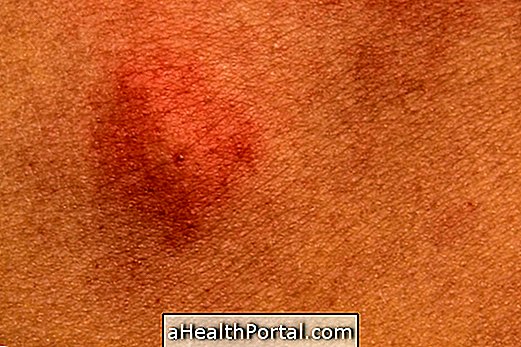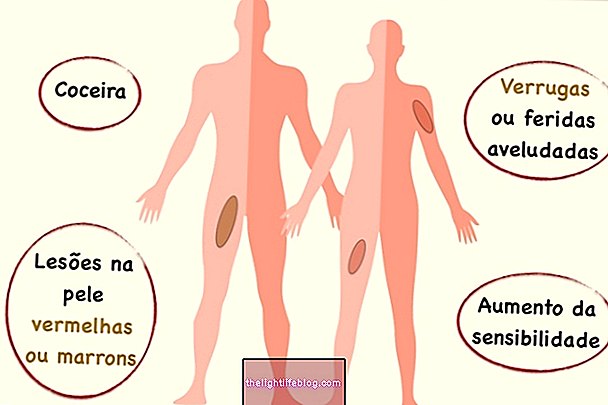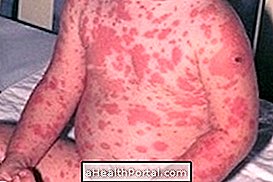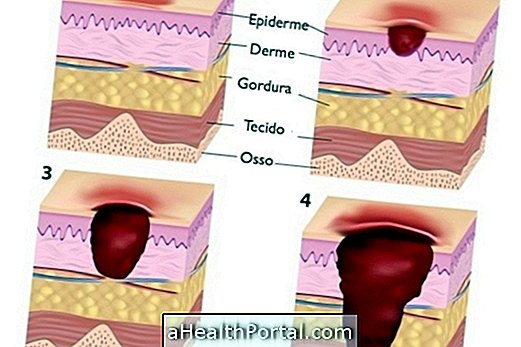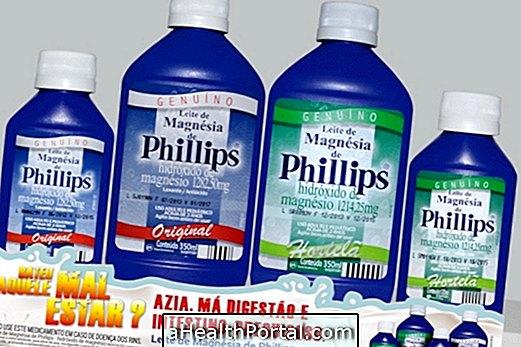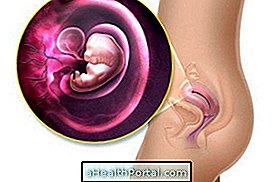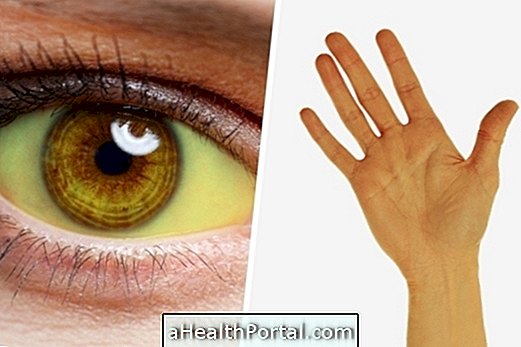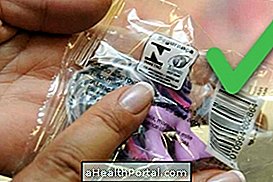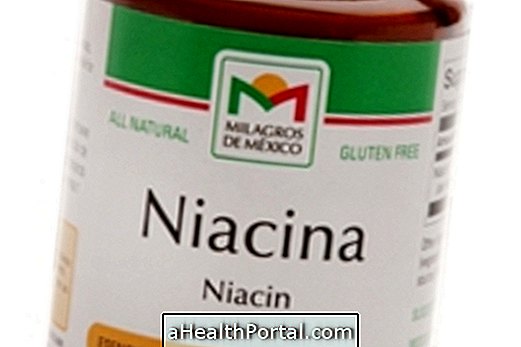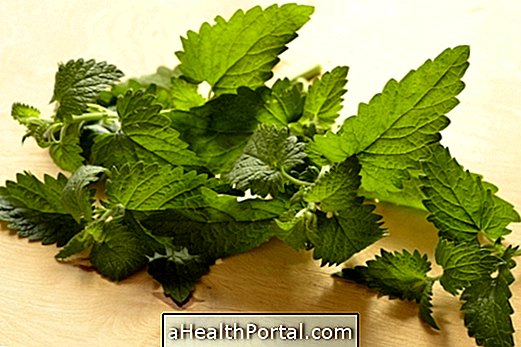Erythema multiforme is an inflammation of the skin characterized by the presence of red spots and blisters that spread through the body, being more frequent in the hands, arms, feet and legs. The size of the lesions is varied, up to several centimeters, and disappear after about 4 weeks, usually.
The diagnosis of erythema multiforme is established by the dermatologist from the evaluation of the lesions. In addition, additional tests may be indicated to see if the cause of the erythema is infectious, and C-reactive protein dosage may be required, for example.

Symptoms of erythema multiforme
The main symptom of erythema multiforme is the appearance of red lesions or blisters on the skin that are distributed symmetrically throughout the body, appearing more frequently in the arms, legs, hands, or feet. Other symptoms indicative of erythema multiforme are:
- Rounded wounds on the skin;
- Itching;
- Fever;
- Malaise;
- Fatigue;
- Bleeding from lesions;
- Tiredness;
- Joint pain;
- Difficulty eating.
It is also common for wounds to appear in the mouth, especially when erythema multiforme occurs due to infection with the herpes virus.
The diagnosis of erythema multiforme is made by the dermatologist through the observation of the symptoms described by the person and evaluation of the lesions on the skin. Complementary laboratory tests may also be necessary to check if the cause of the erythema is infectious, for example, the use of antivirals or antibiotics. Find out how the dermatological exam is done.
Main causes
Erythema multiforme is a sign of immune system reaction and may occur due to allergy to medicines or foods, bacterial or viral infections, the Herpes virus being the virus most commonly associated with this inflammation and leading to the appearance of sores in the mouth. Know the symptoms of herpes in the mouth and how to avoid it.
How is the treatment done?
Treatment of erythema multiforme is done with the aim of eliminating the cause and relieving the symptoms. Thus, if the erythema is caused by reaction to a drug or a particular food, it is recommended to suspend and replace that drug, according to the medical orientation, or not consuming the food that is causing the allergic reaction.
In the case of erythema resulting from a bacterial infection, the use of an antibiotic according to the bacteria responsible for the inflammation is recommended, and if it is caused by the herpes virus, for example, the use of antivirals such as oral acyclovir, which should be taken according to the medical recommendation.
To relieve the discomfort caused by sores and blisters on the skin, you can use cold water compresses on the spot. Learn more about treatment for erythema multiforme.

